Drooling during sleep can occur after a dream. Most of the time, this condition is harmless, but in some cases, it can be a warning sign of a medical condition.
About a month ago, Mr. Li, 61 years old, suddenly started drooling at night for no apparent reason. Every morning, his pillowcase was soaked with saliva.
In recent days, Mr. Ly noticed that every day when he woke up, not only did he have saliva left in the corners of his mouth, but his face and tongue also felt a bit stiff.
Mr. Li had a bad feeling: “Could it be a sign of a stroke?” He rushed to the hospital for a check-up. After being carefully diagnosed by the doctors, Mr. Li’s condition was confirmed to be a warning sign of a stroke , requiring immediate hospitalization for treatment.
Is drooling while sleeping a good night's sleep?
In fact, the phenomenon of “drooling while sleeping” is quite common and in most cases is nothing to worry about. However, it is not a sign of good sleep quality. This phenomenon may be related to some unhealthy living habits.
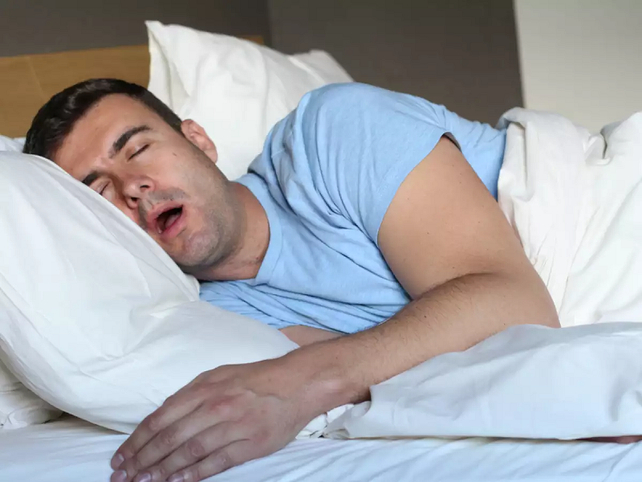
Sleeping in the wrong position
If you are used to sleeping on your side or stomach, your mouth may open unconsciously while you sleep, causing saliva to leak out.
Dental problems
Saliva has the ability to inhibit and destroy bacteria. When inflammation occurs in the oral cavity such as mouth ulcers, periodontitis or gingivitis, the amount of saliva secreted will increase naturally to help destroy harmful bacteria, leading to an increase in saliva compared to normal.
Mouth breathing
If a person has rhinitis or a poor lip-dental relationship, they tend to breathe through their mouth. This habit will continue during sleep, leading to the inability to close the mouth. Therefore, when the mouth is open, saliva will flow out naturally.
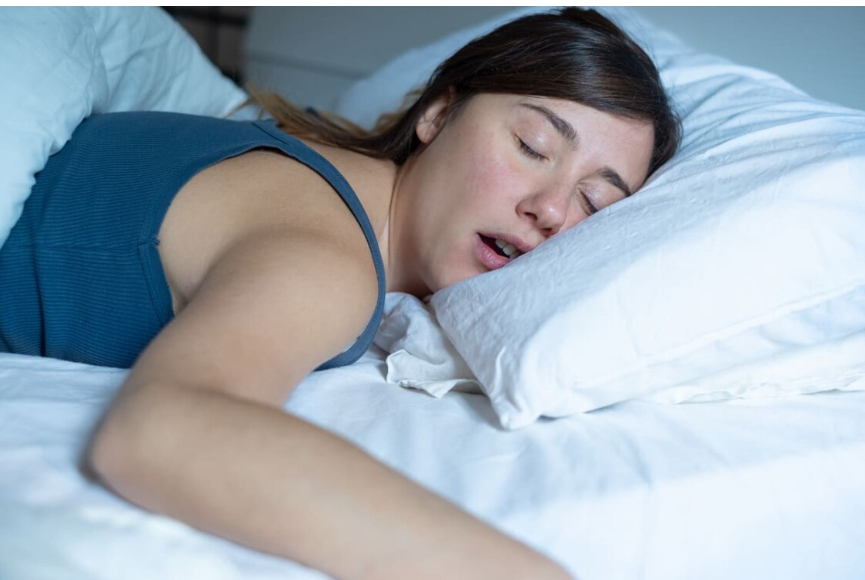
Drooling while sleeping signals 4 signs of illness
Sometimes, adults drooling while sleeping can be related to certain physiological factors, such as excitement, excessive mental stress, or excessive physical fatigue.
This is especially common in older adults, as the muscles around the mouth relax and the ability to swallow decreases. As long as there are no other unusual symptoms, no special treatment is usually needed.
However, if adults drool frequently or for a long time while sleeping, they should pay full attention and see a doctor as soon as possible to determine whether the body has an underlying disease.
Facial neuritis
Viral infections, colds, and wind can invade the body's nervous system, thereby interfering with the normal motor function of the facial muscles. This interference can cause the corners of the mouth to twist and the mouth to be unable to close, resulting in involuntary salivation during sleep, and may be accompanied by symptoms such as facial nerve palsy, spasms, and even facial paralysis.
Arteriosclerosis
Arteriosclerosis can cause insufficient blood and oxygen supply to the brain and muscles, causing facial muscles to loosen. In addition, as people age, their ability to swallow gradually decreases. The combination of these factors can lead to drooling while sleeping.
Spleen and stomach deficiency
Drooling is more common in people with a weak temperament. Such people often have a weak constitution, pale complexion, and are prone to shortness of breath and fatigue. These symptoms are especially noticeable after exertion or excessive exercise, sometimes with spontaneous sweating.
In addition, they may also have typical symptoms such as epigastric bloating, loss of appetite, loose stools, etc.
Alzheimer's or Parkinson's disease
Elderly people with these two diseases also often drool at the corners of their mouths. The disease is often accompanied by symptoms such as obvious memory loss.
T. Linh
Source: https://giadinhonline.vn/chay-nuoc-dai-khi-ngu-canh-bao-benh-gi-d202576.html


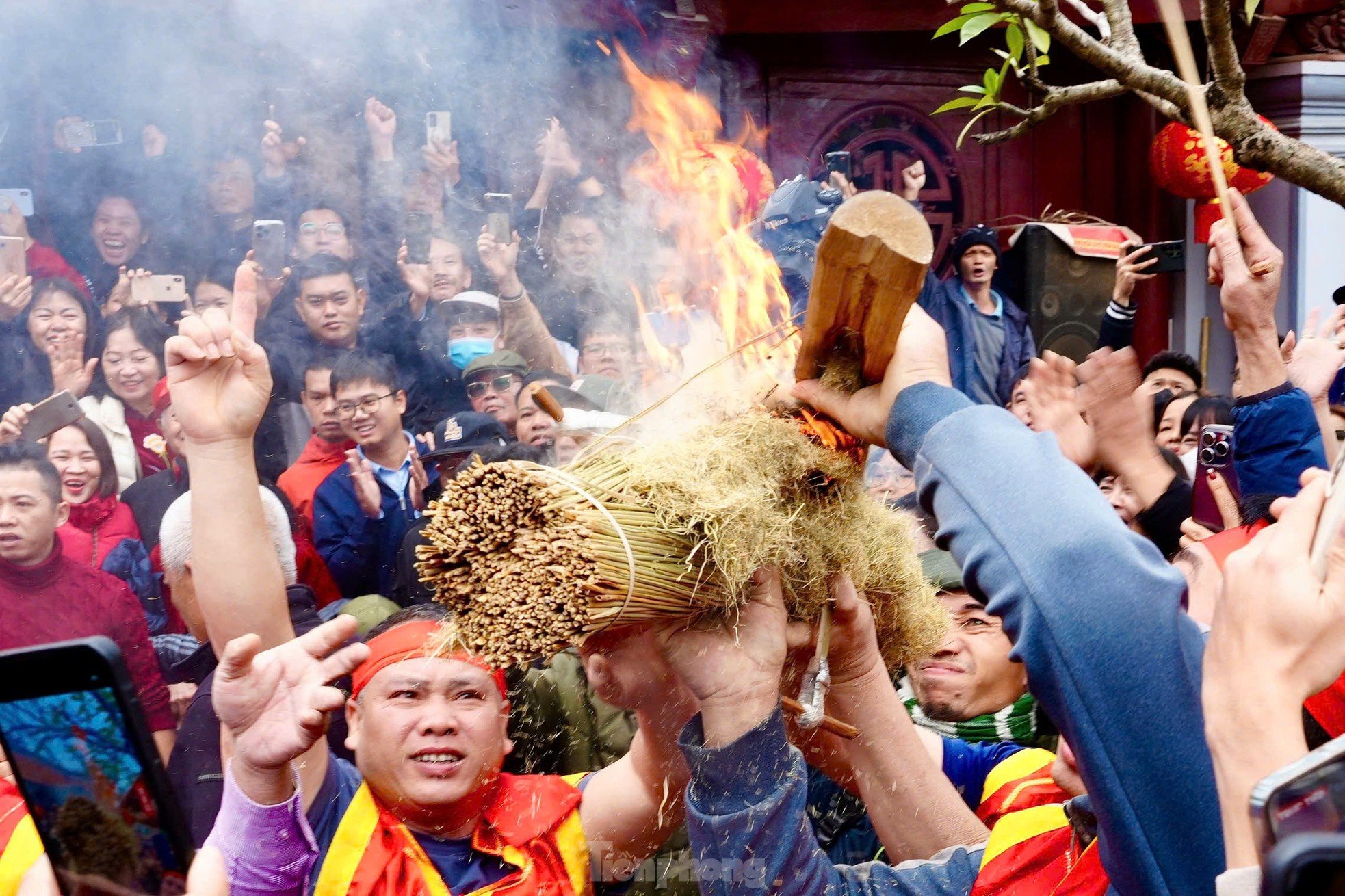
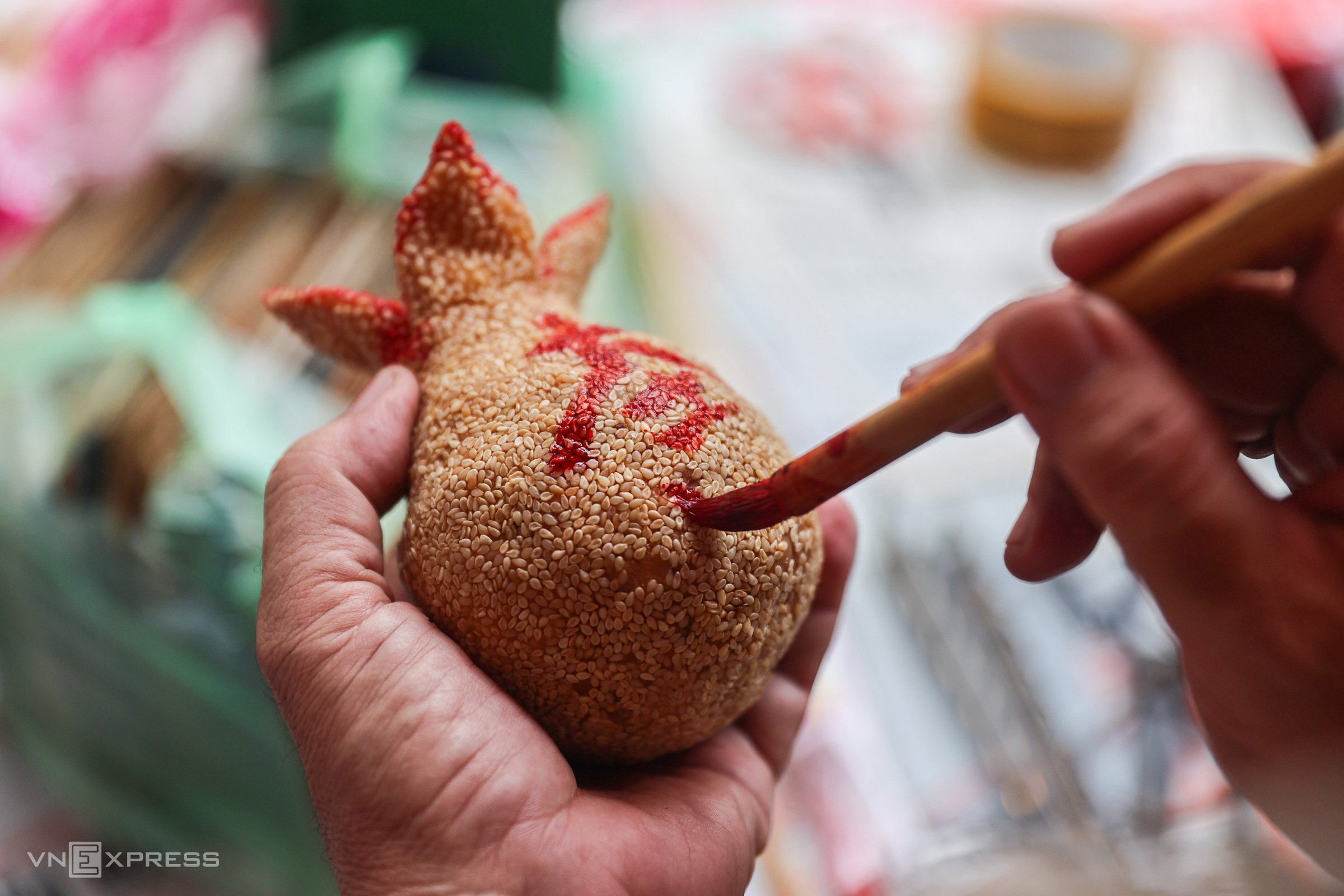


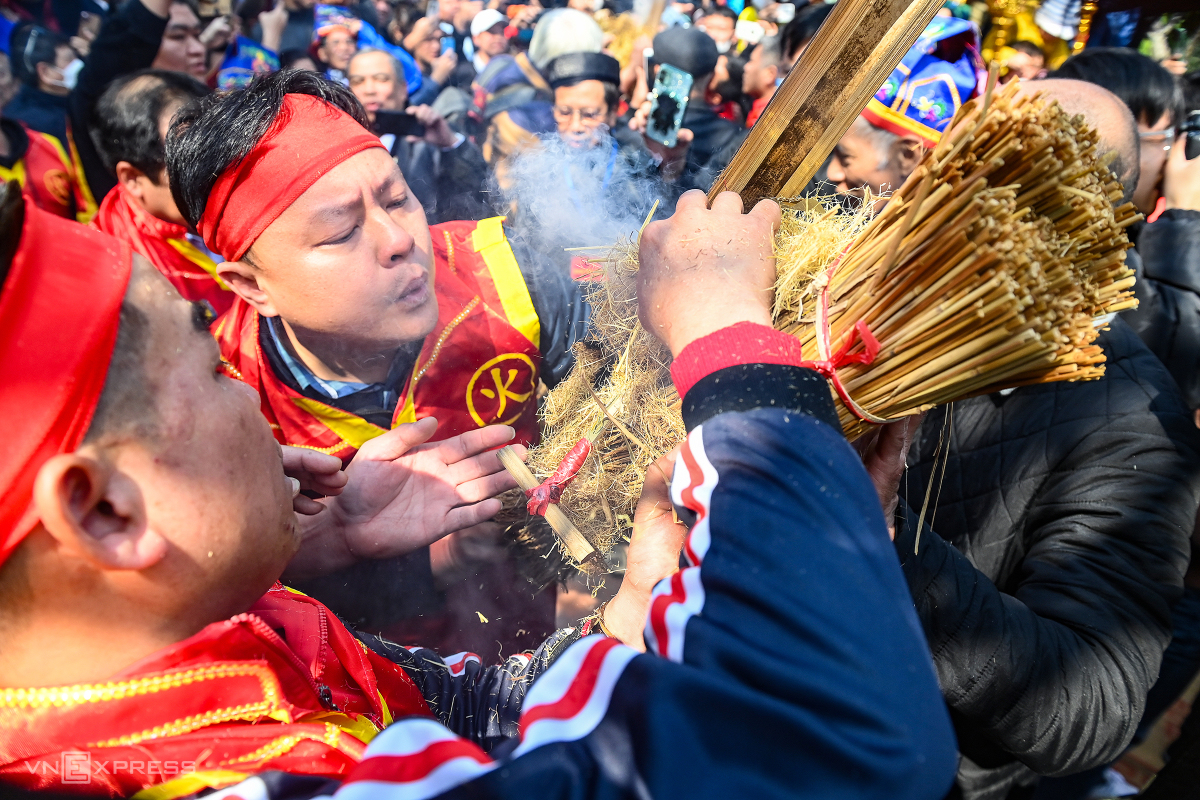








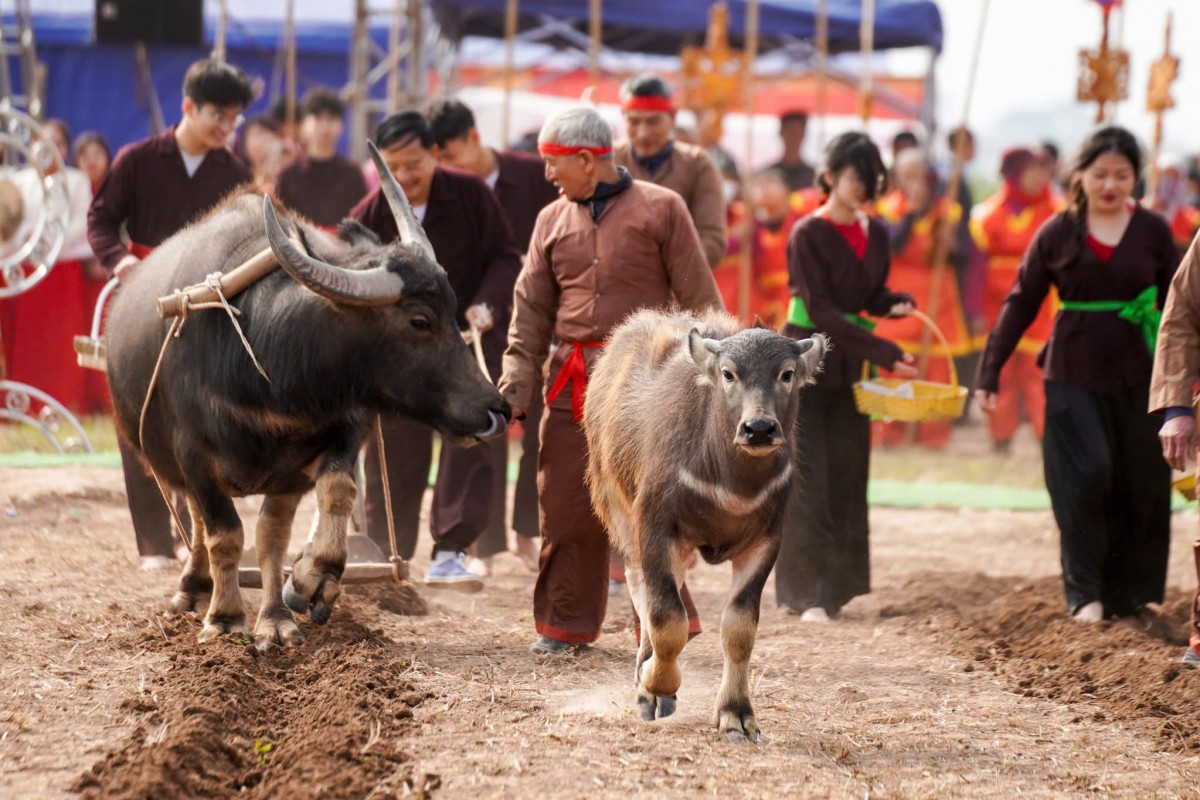





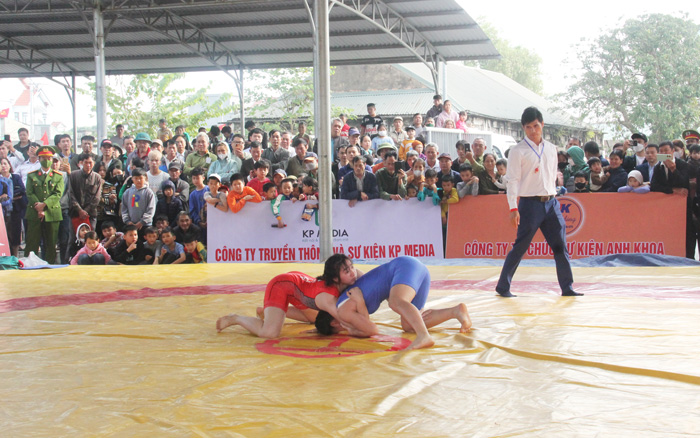










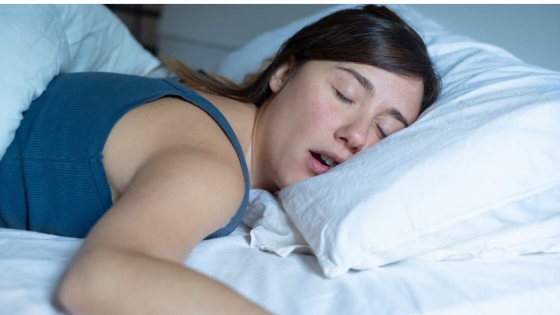
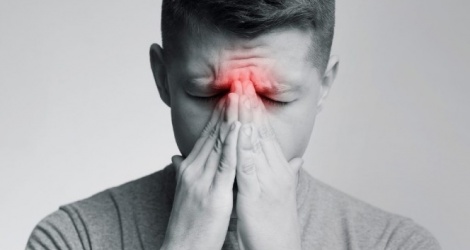
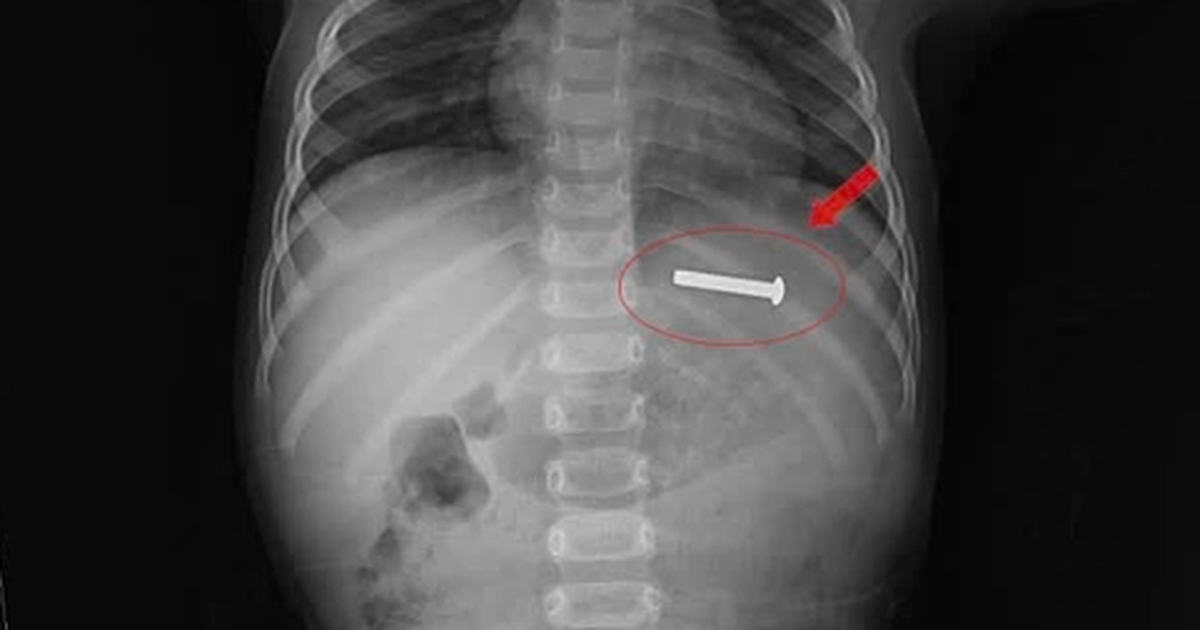

























Comment (0)